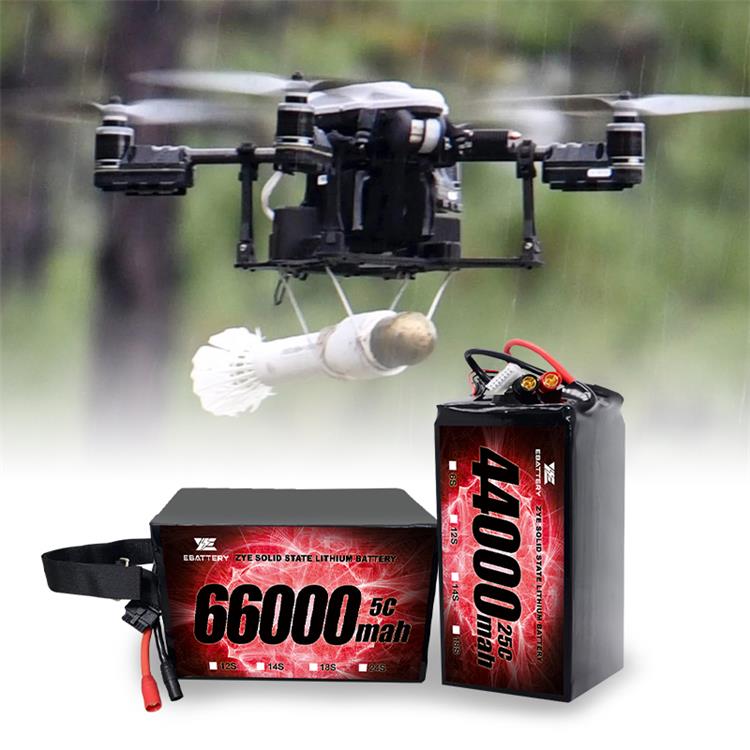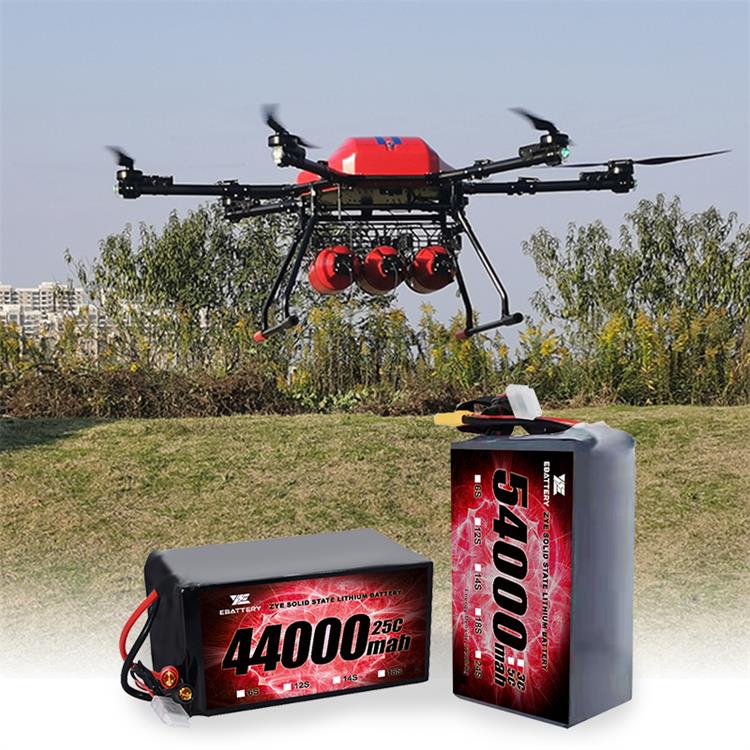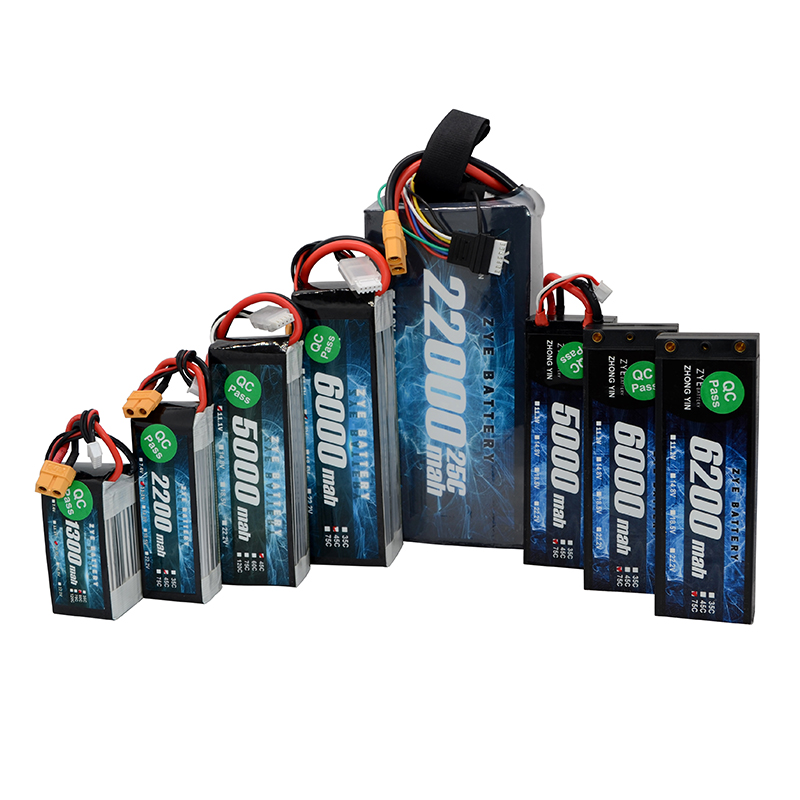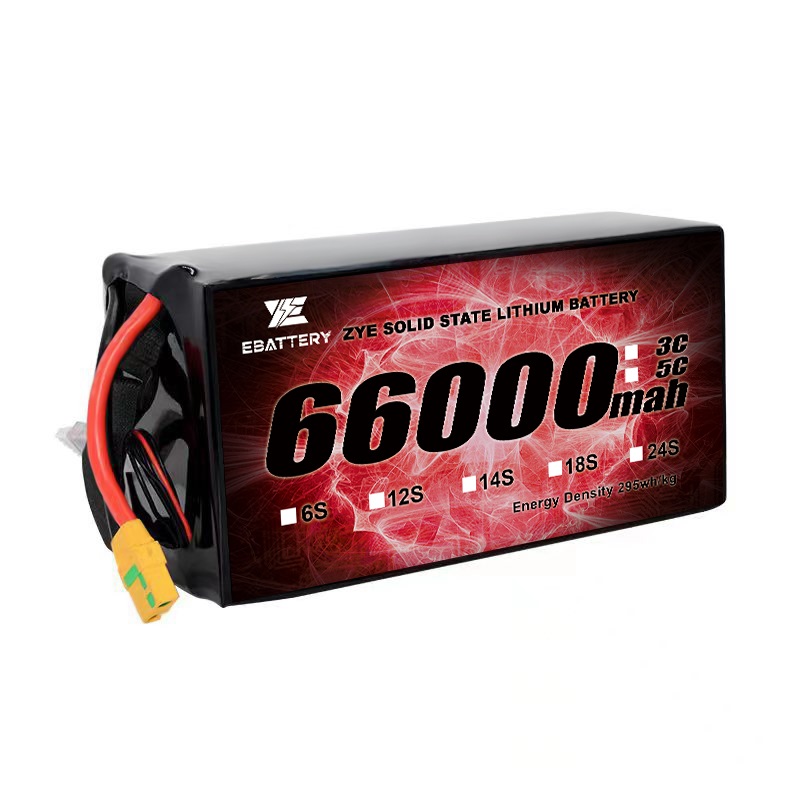What Are the Key Components of Solid State Battery?
2025-07-22
What exactly are solid state batteries?Solid state batteries represent a revolutionary advancement in energy storage technology, promising higher energy density, improved safety, and longer lifespans compared to traditional lithium-ion batteries.
This article delves into the key components that make solid-state-battery storage possible, exploring how these materials contribute to enhanced performance and discussing the latest advancements in the field.

Key Materials Behind High-Energy Solid State Batteries
Unlike conventional lithium-ion batteries that use liquid electrolytes, solid state batteries utilize solid electrolytes, which are at the core of their improved characteristics. Let's examine the primary materials that enable these high-energy storage devices:
Solid Electrolytes:
Solid electrolytes are the defining feature of solid state batteries. These materials conduct ions between the anode and cathode while remaining in a solid state. Common types of solid electrolytes include:
Ceramic electrolytes: These include materials like LLZO (Li7La3Zr2O12) and LATP (Li1.3Al0.3Ti1.7(PO4)3), known for their high ionic conductivity and stability.
Sulfide-based electrolytes: Examples include Li10GeP2S12, which offers excellent ionic conductivity at room temperature.
Polymer electrolytes: These flexible materials, such as PEO (polyethylene oxide), can be easily processed and shaped.
Anodes:
The anode materials in solid state battery systems often differ from those in traditional lithium-ion batteries:
Lithium metal: Many solid state batteries use pure lithium metal anodes, which offer extremely high energy density.
Silicon: Some designs incorporate silicon anodes, which can store more lithium ions than traditional graphite anodes.
Lithium alloys: Alloys like lithium-indium or lithium-aluminum can provide a balance between high capacity and stability.
Cathodes:
Cathode materials in solid state batteries are often similar to those used in lithium-ion batteries but may be optimized for solid-state systems:
Lithium cobalt oxide (LiCoO2): A common cathode material known for its high energy density.
Nickel-rich cathodes: Materials like NMC (lithium nickel manganese cobalt oxide) offer high energy density and improved thermal stability.
Sulfur: Some experimental solid state batteries use sulfur cathodes for their high theoretical capacity.

How solid-state-battery Revolutionize Energy Storage?
The drone industry stands to benefit significantly from the advent of solid state batteries. Current lithium-polymer batteries used in most drones have limitations in terms of flight time and payload capacity. Solid state batteries could potentially overcome these challenges, ushering in a new era of drone capabilities.
Extended Flight Times
The high energy density of solid state batteries could dramatically increase drone flight times. This extended operational window would be particularly beneficial for applications such as aerial surveying, search and rescue operations, and long-distance deliveries.
Increased Payload Capacity
With their superior energy-to-weight ratio, solid state batteries could allow drones to carry heavier payloads without sacrificing flight time. This could open up new possibilities for drone-based delivery services and industrial applications.
Enhanced Safety
The improved safety profile of solid state batteries is particularly relevant for drone operations. The reduced risk of fire or explosion could make drones safer for use in sensitive environments or densely populated areas.

Improved Performance in Extreme Conditions
Drones are often required to operate in challenging environmental conditions. The ability of solid state batteries to maintain performance across a wide temperature range could enhance the reliability and versatility of drones in various climates and altitudes.
As we continue to push the boundaries of what's possible with energy storage, solid-state-battery stands at the forefront of innovation. Their potential to deliver high energy density, improved safety, and enhanced performance makes them a technology to watch in the coming years.
Are you interested in learning more about solid state battery high energy solutions and their potential applications? We'd love to hear from you! Reach out to us at coco@zyepower.com to discuss how solid state battery technology could benefit your projects or applications.
























































